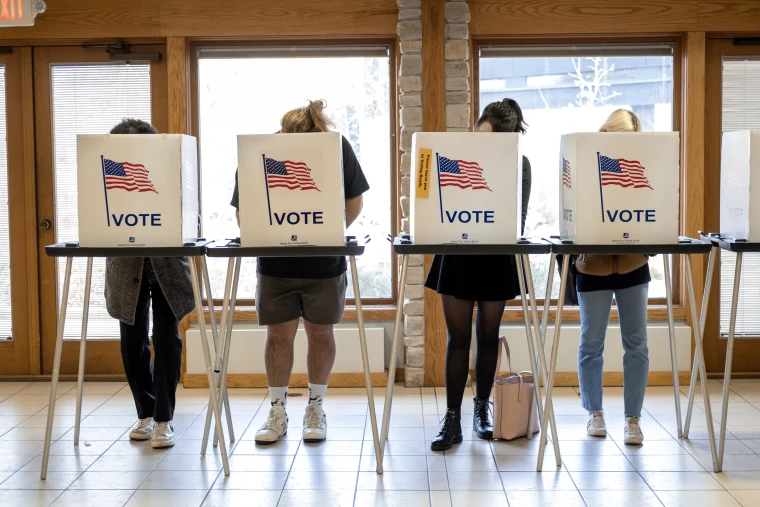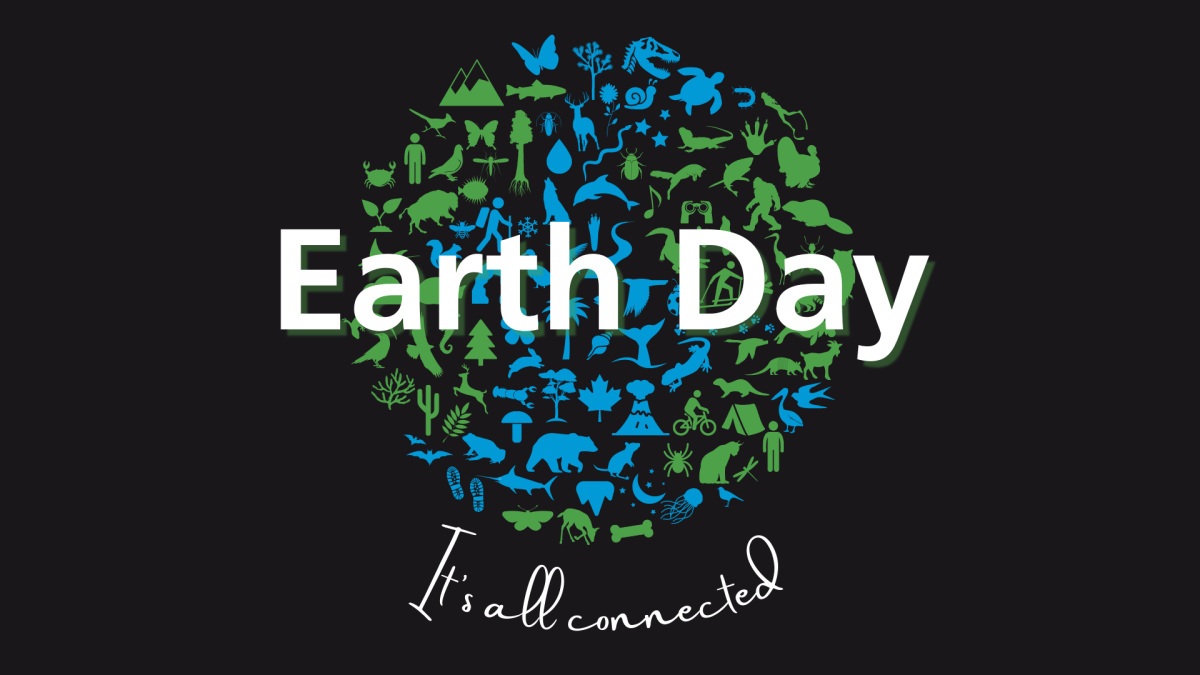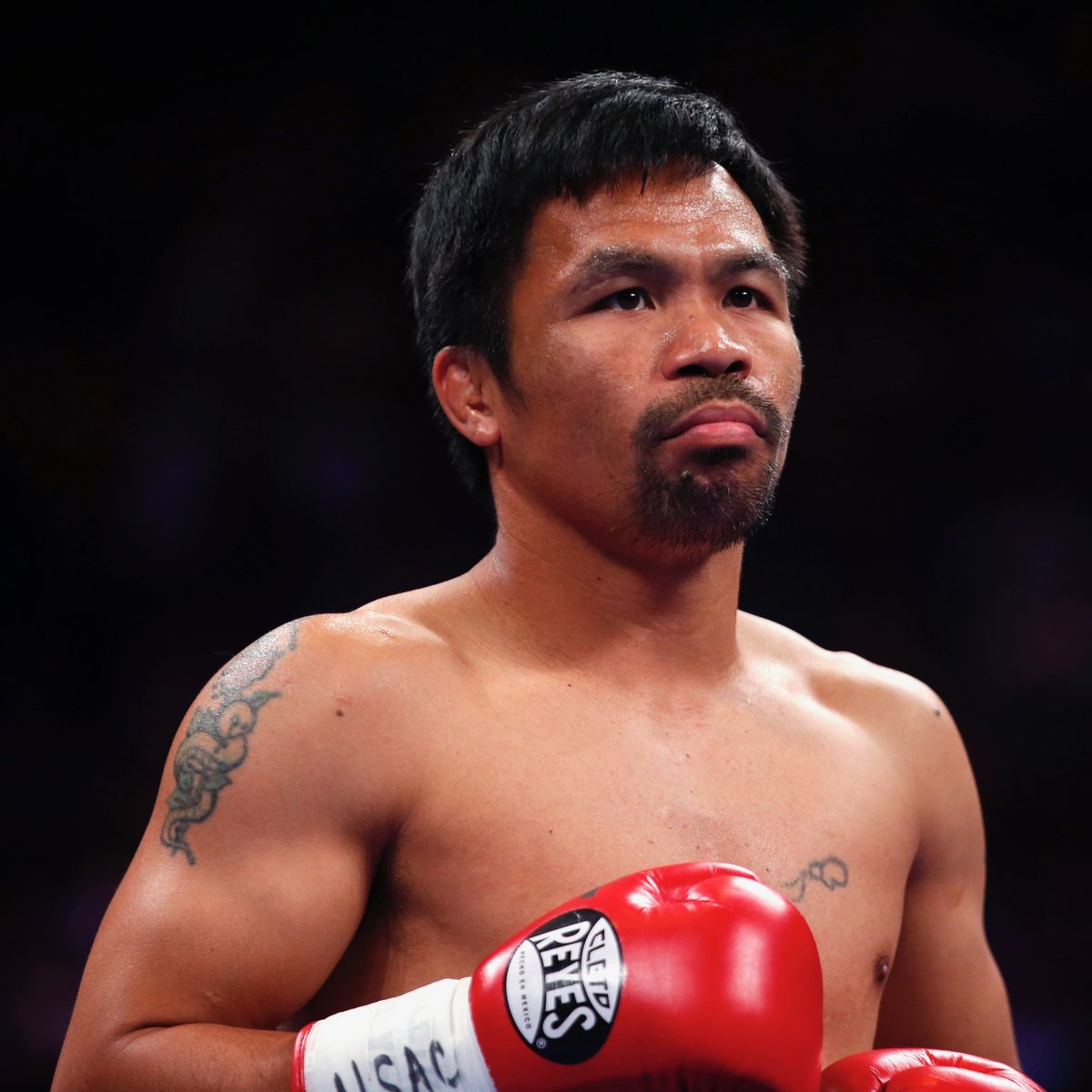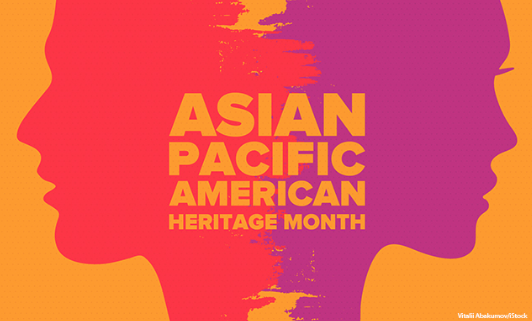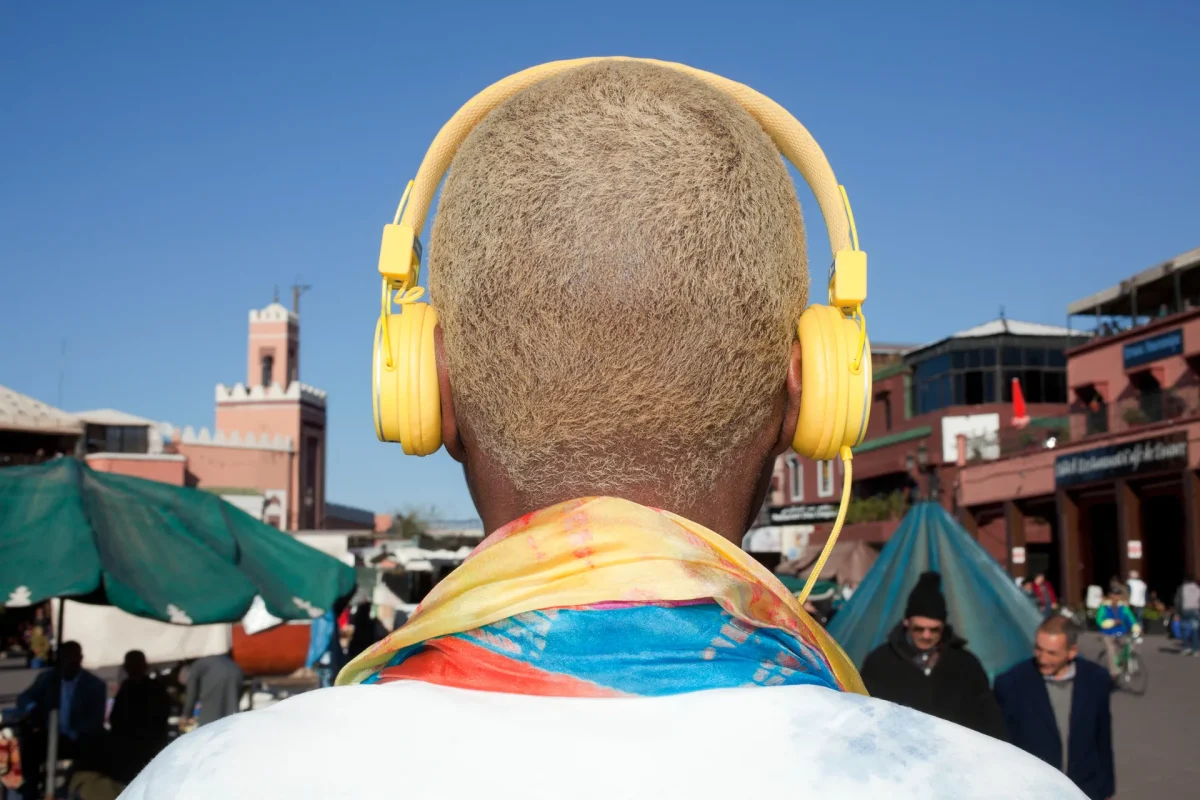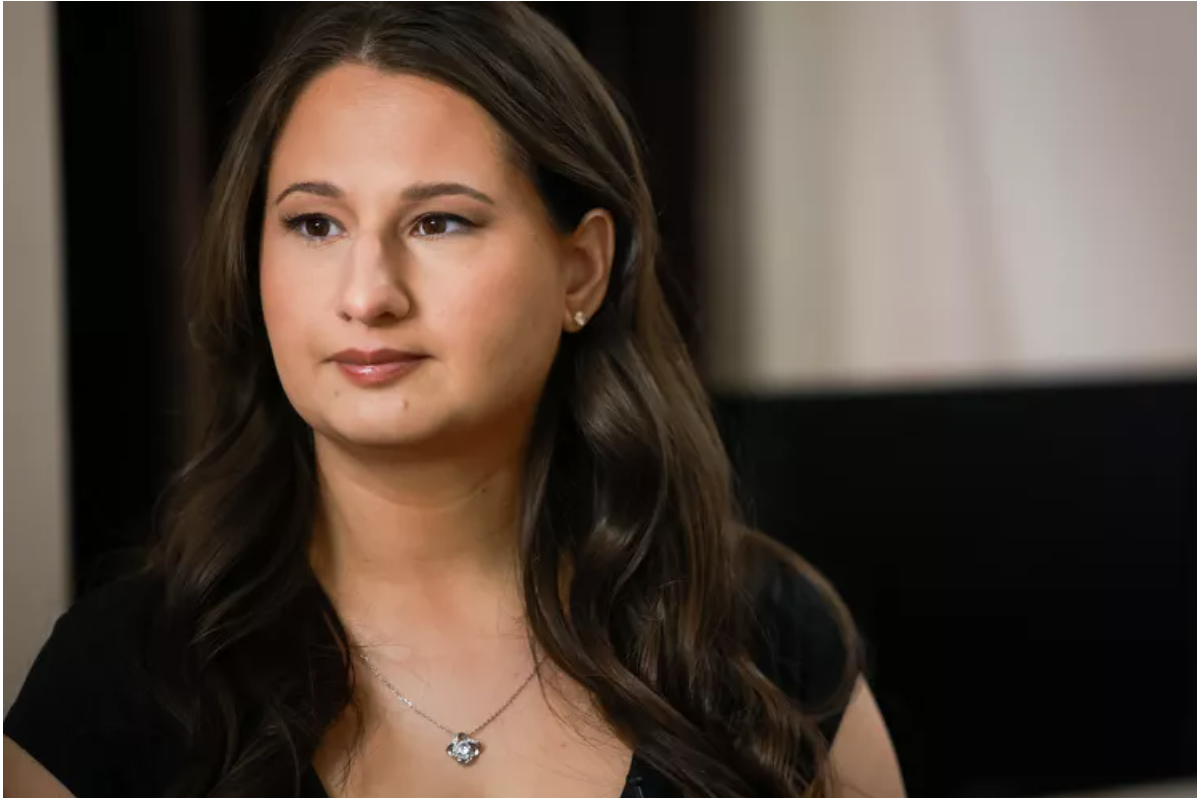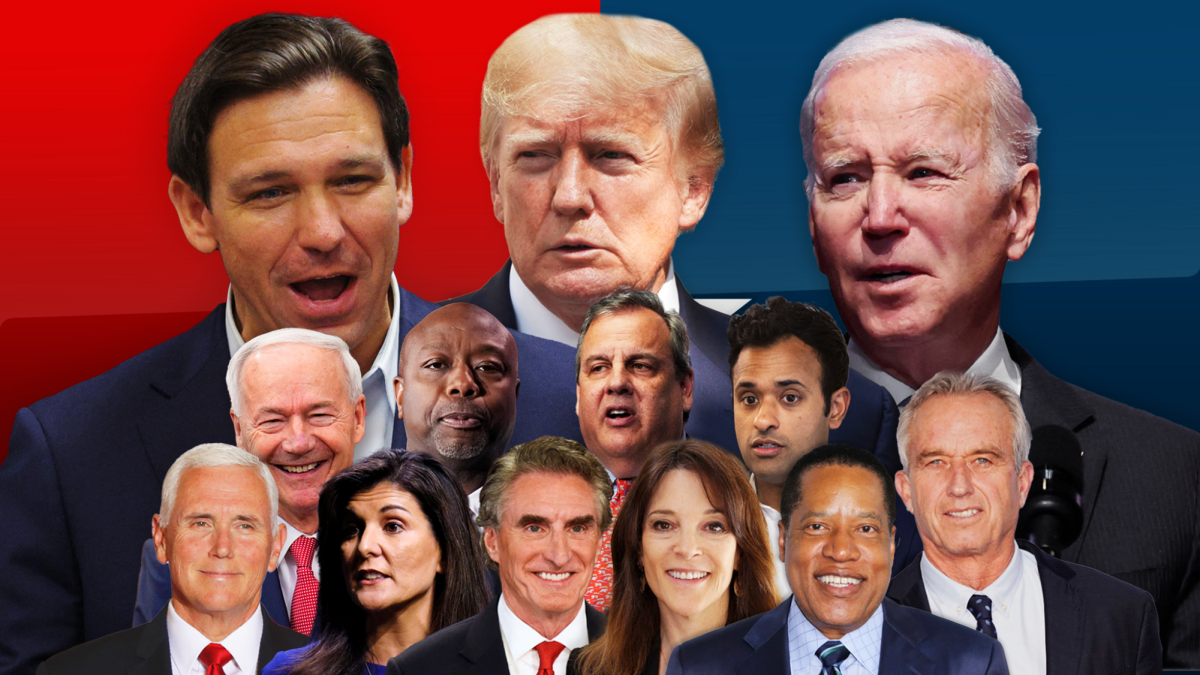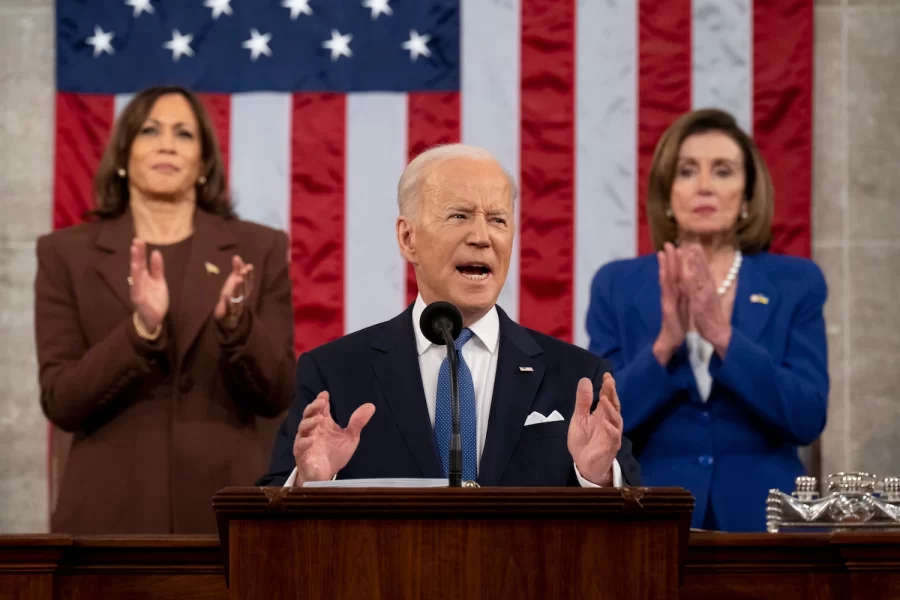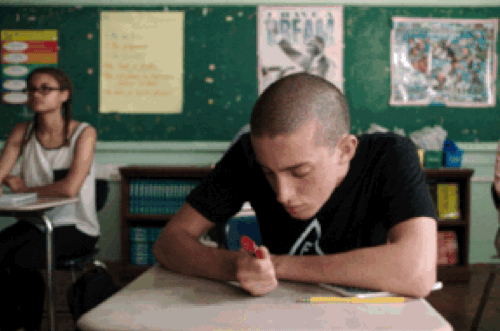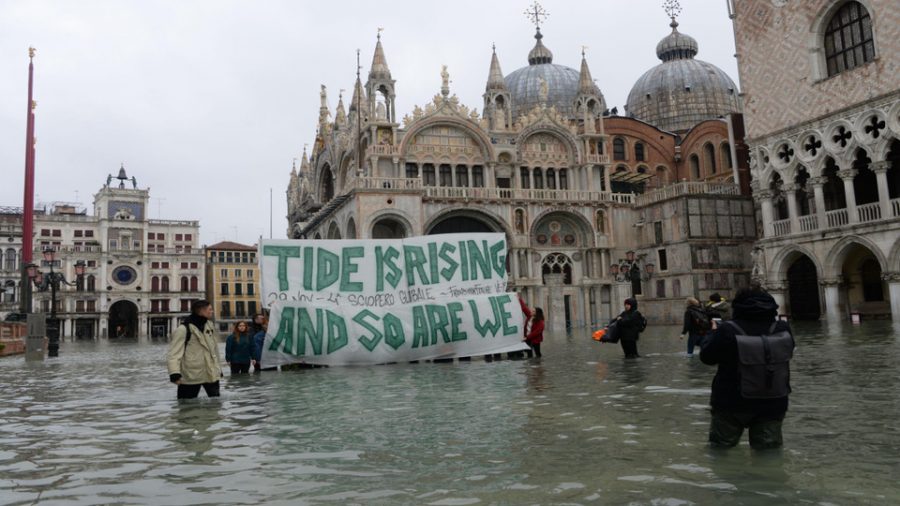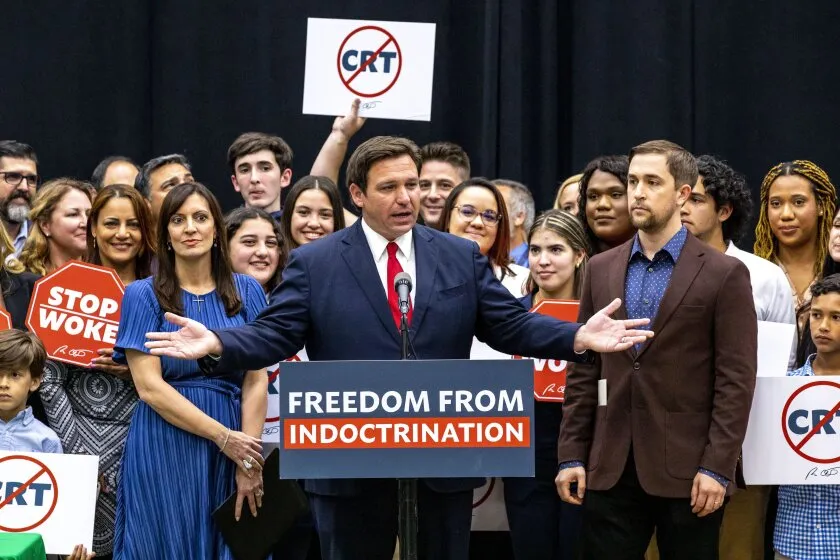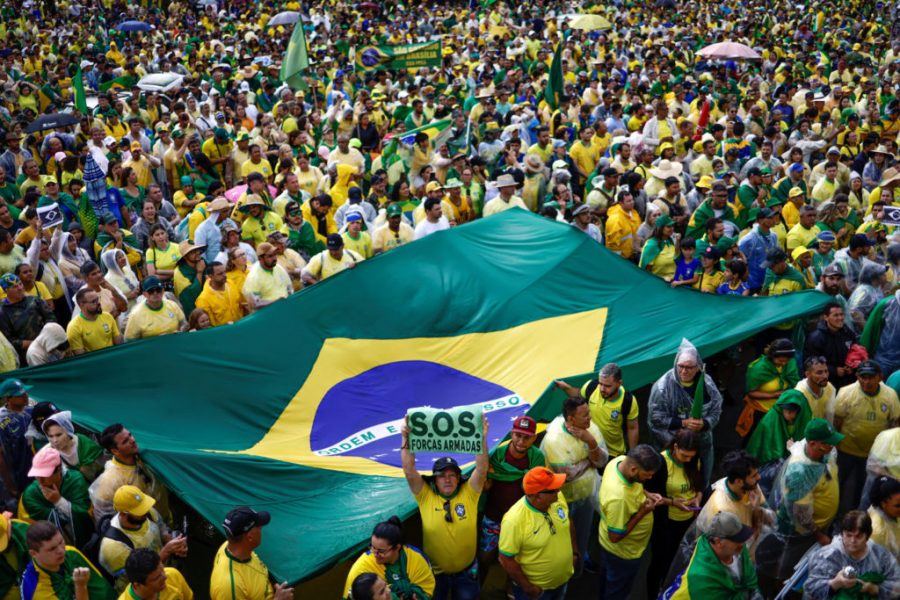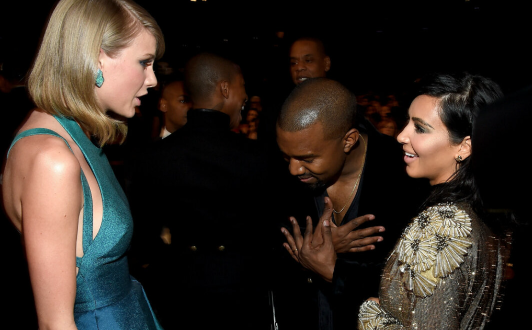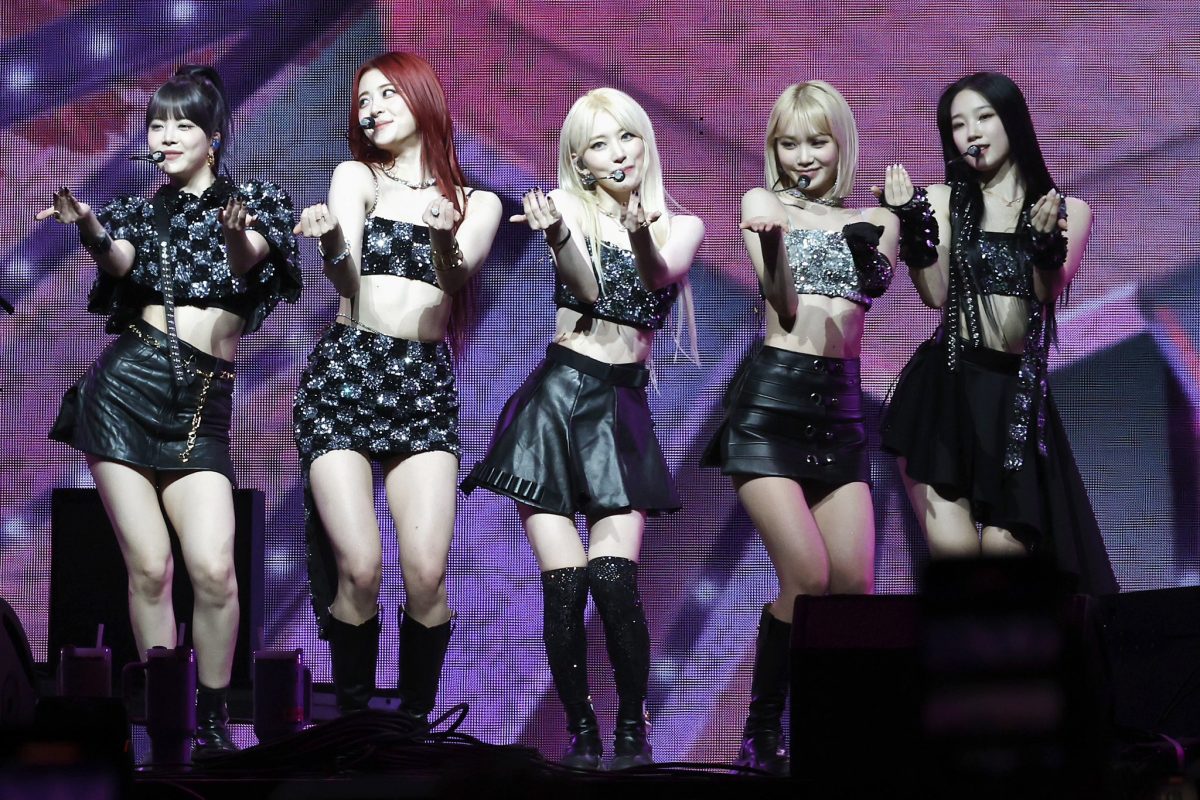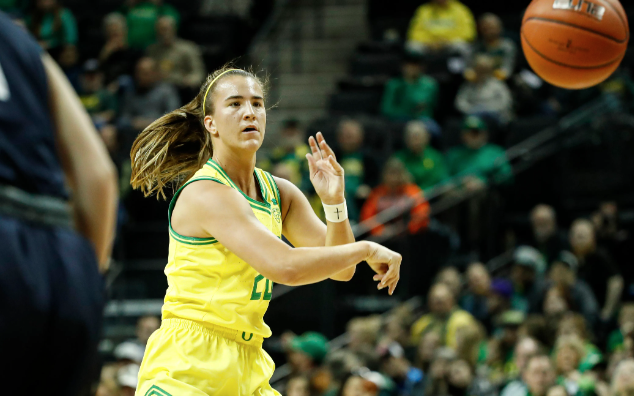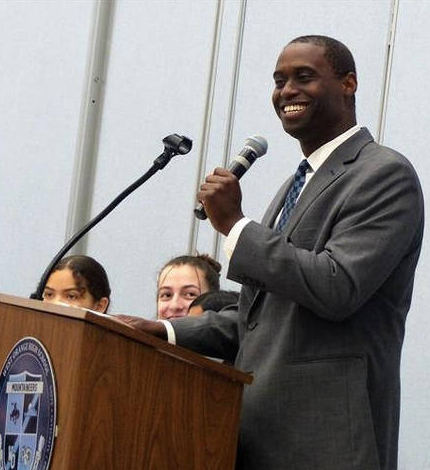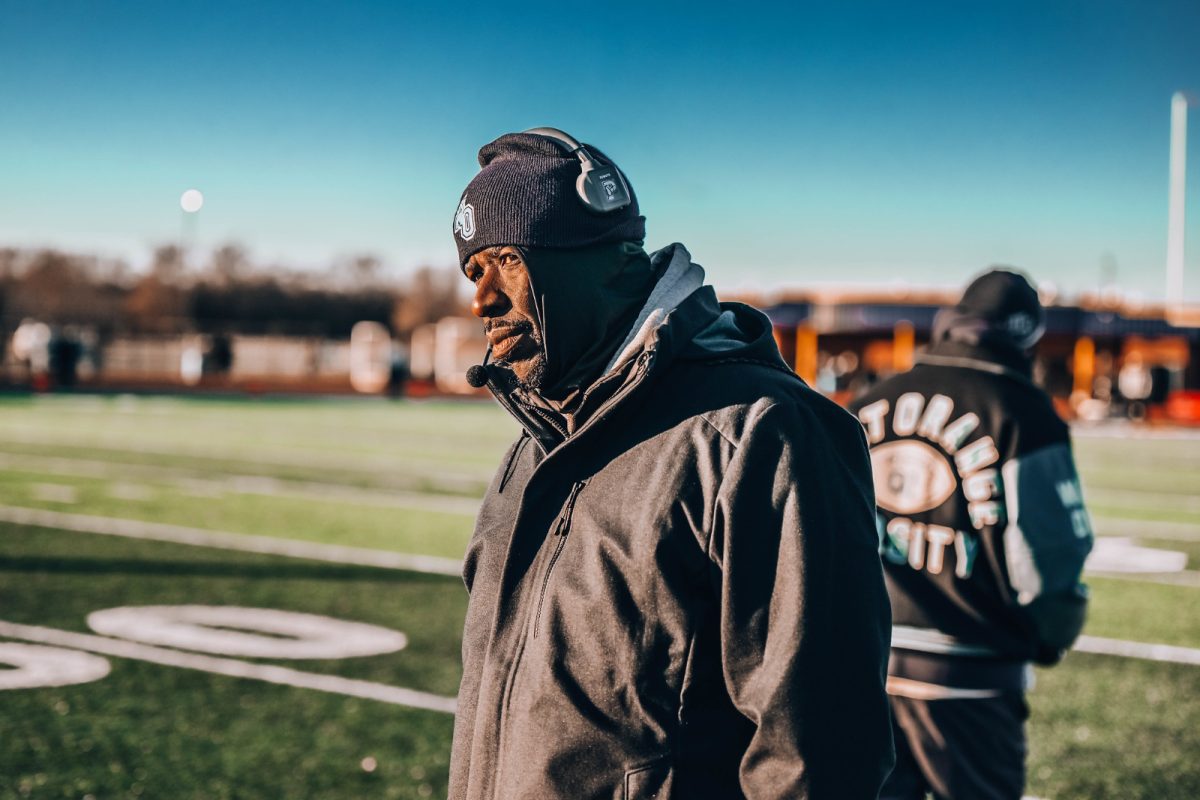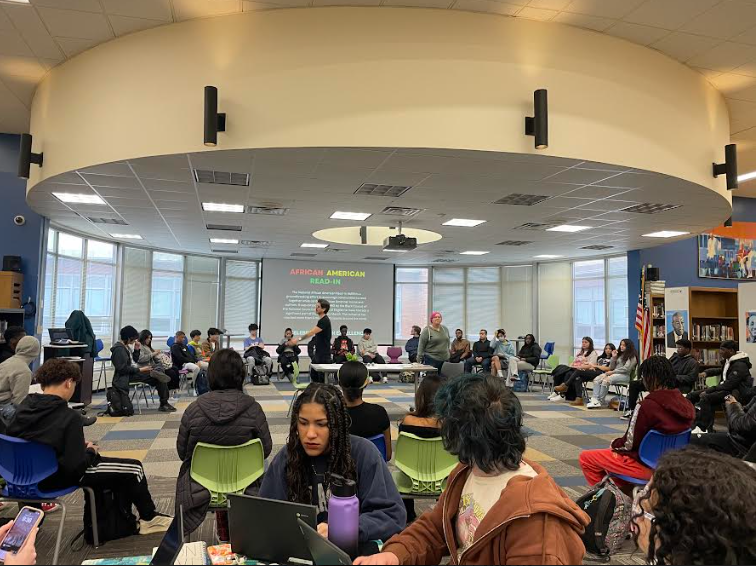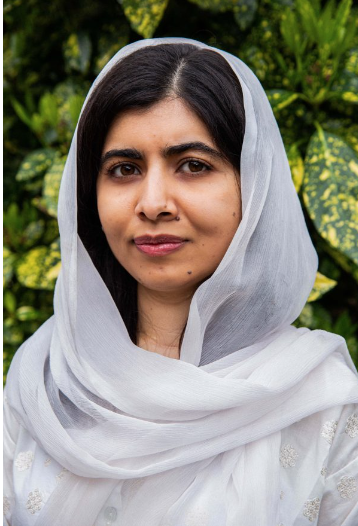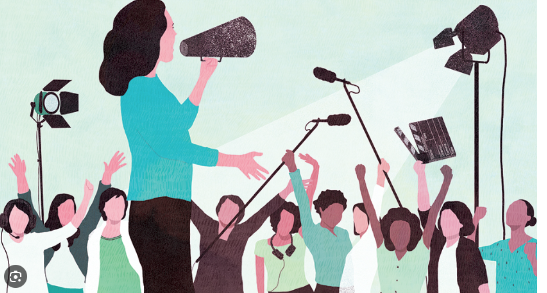In 2012, the sound of a bullet fired in Northern Pakistan ricocheted around the world. The bullet was aimed at a fifteen-year-old teenager for the “offense” of advocating for girls’ education. The assailant, a Taliban member, nearly succeeded in his aim of silencing her when the bullet entered and exited her head and lodged in her shoulder. As the news of the brutal attack came to occupy the headlines, people were aghast at what seemed like a gratuitous act of lethal violence inflicted on a young girl. It also catapulted the rise of the Taliban from the discussion forums and seminar circuits of international affairs experts and security and terrorism analysts into the mainstream media. Perhaps more importantly, it drew attention to the entrenched conservative and patriarchal forces in many parts of the world where women were waging a valiant and often lonely battle against them.
Malala Yousufzai, the fifteen-year-old targeted by the Taliban for assassination, had been advocating for girls’ education since she was eleven. When the Taliban took over the town she lived in, in the picturesque valley of Swat in Northwestern Pakistan, they banned girls from going to school. In defiance of their diktat, Malala not only continued to attend school but kept advocating for girls’ right to an education. It is a sobering fact that the right to education, which is taken by Americans for granted, can elicit such sharply divergent reactions. On the one hand, there are the forces of the status quo, which want the male-dominated society, in which women have few rights and are confined to the household, to continue in its old ways; on the other hand, there are those who want a society with equal rights for men and women in which the latter can have control over their own lives, including having a career outside their home. Since education offers women a means of escape from an existence that many find limiting and unappealing, it has become the battleground behind those who want change and those who want to continue with the “tradition.” But is this an epic battle between forces of darkness (tradition) and light (modernity), and the future of humanity rests on its outcome? Or is this a crude and simplistic representation of a struggle being waged by women for self-determination?
Modernity and Tradition: Can the two meet?
Many activists and scholars have described the struggle of people like Malala as a fight between modernity and tradition. Modernity is described in terms of a triumph of reason over belief and faith, individuality over collectivism, and freedom over constraint (of religion or tradition). In other words, ushering into modernity is akin to the liberation of the individual from the restraints imposed by religion and tradition, which often prescribe a narrow path of action and possibilities encumbered by notions of social obligations, strict morality, and righteousness. However, this binarism or black-and-white opposition between modernity and tradition is misleading and based upon crude caricatures of reality. Individualism, so dear to modernists, can be limiting in its own way. For instance, even in this age of hyper-individualism, people seek connection to others and a sense of belonging in larger social groups—often through social media when physical proximity and interaction are not possible. Similarly, reason alone does not provide people with a sense of meaning and purpose in life; after all, life does not just involve making rational choices and optimizing the cost benefits of actions. Much of the content of social interaction is difficult to explain in terms of rationality, and yet it provides emotional fulfillment. For instance, why do people like to congregate in social spaces such as cafes, theaters, and public plazas, even though, in strictly rational terms, these activities can be viewed as a waste of time, one of the most precious resources we have?
Just as modernity, including perhaps its most salient aspect, rationality, can have its limitations, tradition can be a source of empowerment for the individual. All traditions, religious or secular, entail ideas of progress, including positive change. The problem with tradition is not so much its contents but its capture by some, especially people in power, to further their own narrow objectives, namely consolidating their power and control over others. For instance, no religion is monolithic, or, in other words, centered around clear and singular meaning. Nearly all religious texts are ambiguous and open to multiple interpretations. The interpretation—whether constraining or liberating—that comes to dominate depends on society and circumstances. In other words, the fight for women’s liberation through education is not about discarding all tradition and embracing modernity; it is about critically analyzing both tradition and modernity to accept what is conducive to creating an inclusive and just society.
In conclusion, the battle that activists like Malala are fighting, and which they are often at pains to underscore, is not one of denigrating their religion or tradition or conversely uncritically embracing modernity (or Westernization, as their detractors allege). On the contrary, they are fighting for the right to take tradition away from powerful interests, such as the mullahs or clerics, who have captured and even distorted tradition due to their particular reading of it. Islam, Christianity, or Buddhism is, therefore, not the enemy for Malala and her fellow travelers—it is the regressive version of these religions that has come to dominate certain places and societies that is the problem. Malala herself often makes clear that she is both a feminist and a Muslim, and she sees no contradiction in it. This is due to her rejection of the narrow, literalist, and regressive interpretation of Islam that the Taliban and similar forces of fundamentalism have advocated. The right to education, in this light, is deeply embedded within the Islamic traditions that have been systematically downplayed and undermined. Both her detractors and the proponents of modernity are wrong in the sense that they uncritically view one or the other as a panacea for social ills. The fight that Malala and many others are engaged in is more nuanced—it is one of re-interpreting tradition, not rejecting it, to make it more compatible with individual rights, freedoms, and aspirations.


